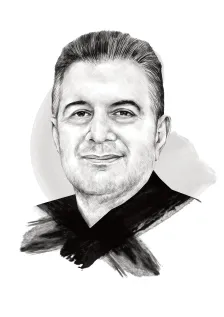The United States continues to wage economic and trade wars with China, whether small or large, directly or by proxy. It does not tolerate competition, leaving little justification for the remnants of globalisation and no respect for international trade agreements that end when American interests are no longer served.
The latest chapter of these wars is the blazing war over TikTok. The world witnessed a spectacular Hollywood-like episode a few days back, when TikTok CEO, Shou Zi Chew, testified before the Congress.
Rep. Bill Johnson, a Republican from Ohio who has a professional background in IT, pressed TikTok's CEO Shou Zi Chew on Thursday on the source code used with the U.S. version of TikTok, and the "Douyin" version of the app available in China. pic.twitter.com/Hpuvk63mK4
— The Associated Press (@AP) March 23, 2023
What did the United States want to prove during the TikTok CEO's testimony before Congress?
What was the reason for the Chair of the House Energy and Commerce Committee, Cathy Rodgers, and other members’ insistence on accepting only "yes or no" answers from Shou, refusing to let him elaborate, and accusing the most successful application in the world of spying on American users?
Disgraceful treatment
Despite the coherent testimony presented by Shou, in which he presented many facts that demonstrate the superiority of TikTok over other social networking applications in terms of protecting data and adolescents, Congress members treated the CEO disgracefully.
Rodgers and her colleagues ignored the plan that TikTok has been working on for two years, dubbed Project Texas, which provides extensive protection of Americans' already-protected data and blocks it from any unauthorised party — governmental or not.
If they actually listened to Shou’s testimony they would have learned that TikTok data in the United States is stored with the Texas-based company Oracle and that only vetted employees of a new company — TikTok US Data Security — can access this data stored in American systems and on American soil?
Shou also presented other commitments, including a plan to submit reports on data security to an independent US board of directors — a step that offers unprecedented transparency and allows independent auditors such as Oracle and others to review and verify the source code and algorithms of the application.




